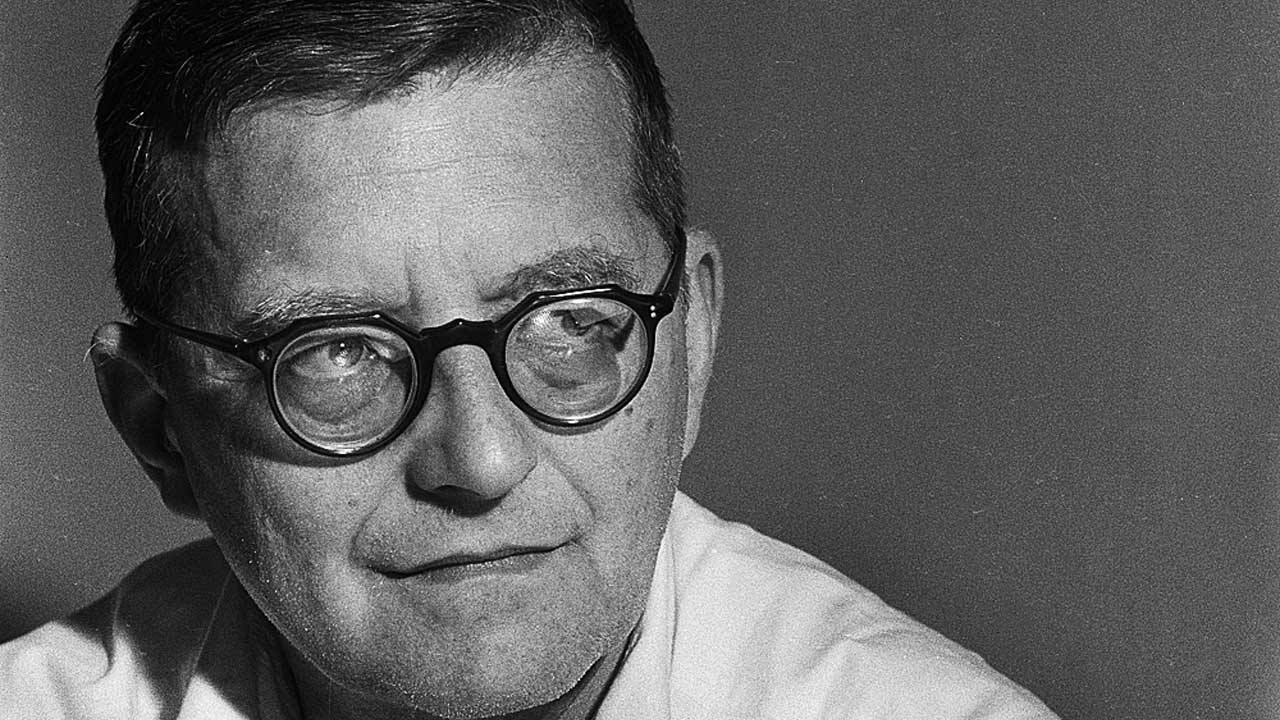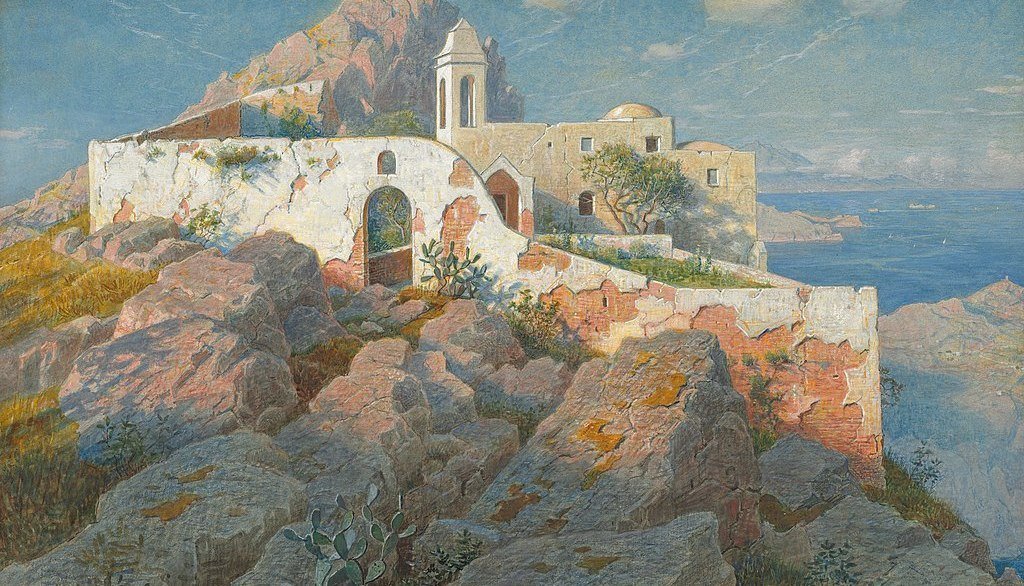Mahler Meets Schnittke: The Unfinished Piano Quartet in A Minor
Gustav Mahler was fifteen or sixteen years old and a student at the Vienna Conservatory when, in 1876, he composed the Piano Quartet in A minor. The work exists as a single movement, cast in sonata form and marked Nicht zu schnell (not too fast). Conceived as the opening movement of a larger abandoned project, it is followed by a thirty-two measure fragment of an unfinished scherzo. This is the only surviving …






